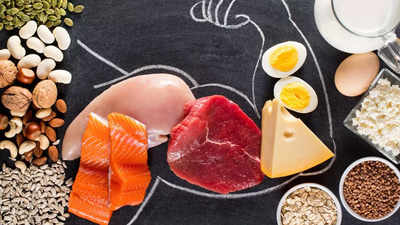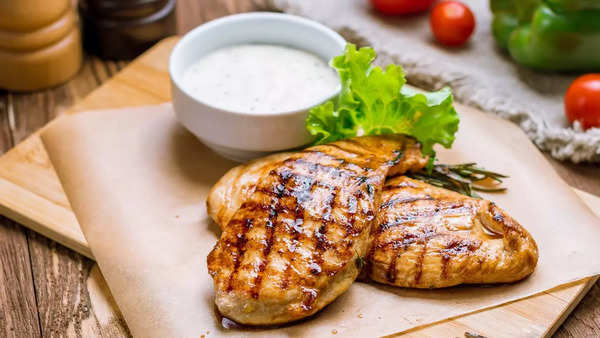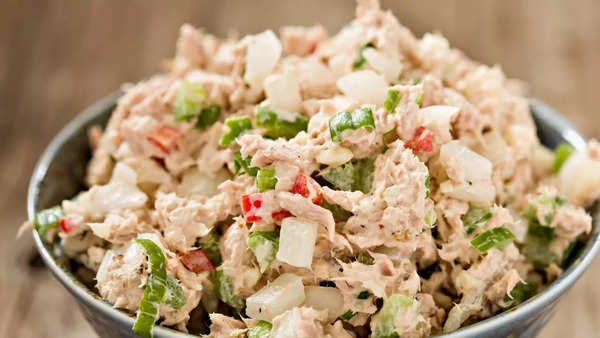
A high-protein diet is essential because protein supports muscle mass, promotes recovery, and improves overall health. Protein has several functions in the body, such as producing hormones and stimulating the immune system. When choosing protein sources, consider both animal and plant sources to ensure a complete intake of essential amino acids. Here are seven foods rich in protein and how to incorporate them into your diet for optimal benefit.
chicken breast: Chicken breast is a protein powerhouse as it contains about 31 grams of protein per 100 gram serving. It’s low in fat and high in B vitamins, making it an ideal choice for those looking to increase their protein intake without adding extra calories. To maximize your protein intake, grill or bake chicken breasts and pair them with vegetables for a balanced meal. It can also be used in salads or wraps to increase protein intake while adding flavor and texture.

Tofu: Tofu is one of the best plant-based sources of protein, providing around 17g of protein per 100g serving. It is also versatile and can absorb the flavors of other ingredients, making it suitable for a variety of dishes. Use tofu in stir-fries, salads, or soups to maximize protein. You can grill or fry tofu to change its texture and taste and make your meal even more enjoyable.
Greek yogurt: Greek yogurt contains about 10 grams of protein per 100 grams. It’s also a good source of probiotics, which can help the gut. To increase your protein intake, enjoy Greek yogurt as a snack with fruit and nuts or use it as a base for smoothies. Try incorporating it into your oatmeal breakfast bowls for a nutritious morning.
eggs: Eggs are an excellent source of complete protein, averaging about 6 grams per large egg. They also contain many vitamins and minerals that contribute to overall well-being. For the best protein absorption through eggs, boil, scramble or poach them, then eat them with whole-grain toast or vegetables for a balanced meal.
Read also: Hidden Dangers of Eating Dry Chia Seeds You Should Know
lentils: Lentils contain about 18 grams of protein per cooked cup. They are also rich in iron, potassium, phosphorus, magnesium and a good source of fiber, which aids digestion and keeps you feeling fuller for longer. Try adding lentils to your favorite soups and stews or even salads. Mixing essential spices with lentils can add a delicious flavor to a dish while providing essential nutrients for optimal health.
Tuna: Tuna is an excellent source of protein, providing about 28 grams of protein per 100 grams. In addition, it is also rich in omega-3 fatty acids, which promote heart health. To include tuna in your daily diet, you can add it to salads, sandwiches or low-calorie pasta dishes. Fresh tuna steaks can be grilled, flavored and served as a main course with meat. For a quick snack, mix tuna with Greek yogurt and spices for a protein drink.

Parmesan cheese: For every 100 grams of grated Parmesan cheese, there are about 35 grams of protein. Use it to add more flavor to dishes. Sprinkle Parmesan on salads, pasta and roasted vegetables to enhance the taste and get all the nutrients. Incorporating it into homemade pesto or sauces can also increase the protein content while providing essential calcium and other nutrients.











